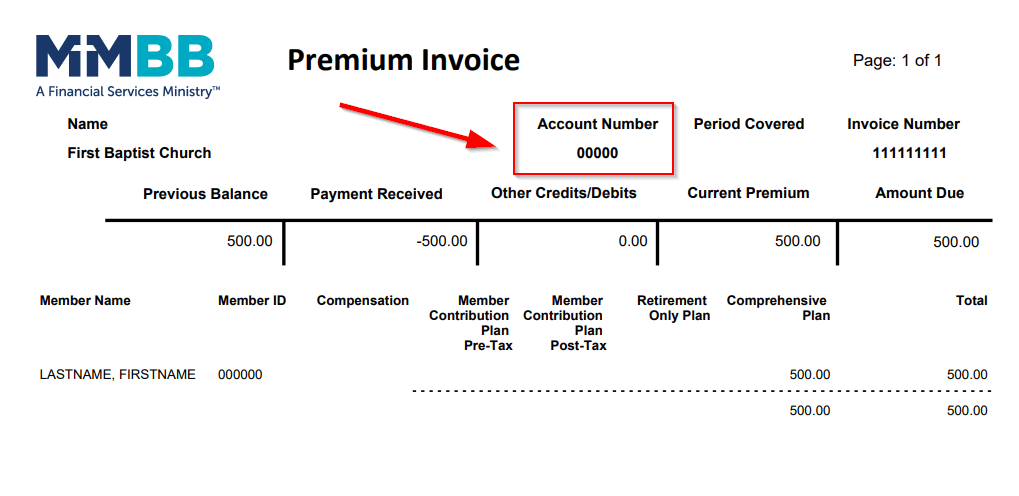Rev. Dr. Debora Jackson
The ability to care for self amid ministry demands has always been a challenge. Clergy are called to demonstrate high levels of competence across a myriad of tasks from preaching, teaching, administration, community organizing, spiritual development, communications, and care giving among others. Where there is so much to do, it is not surprising that selfcare is a lower priority.
However, selfcare is one of the best strategies to combat stress. Stress results when the demands of our environment strain our individual adaptive capacity. Some stress is good: it’s the stress of a deadline that motivates us to productively engage. It’s that kick of adrenalin that shakes us out of lethargy. But too much stress is straining. It overwhelms our sensibilities and it causes confusion. Too much stress has a paralyzing effect and causes us to be distracted. Taken together, too much stress results in poor performance.
So why the focus on stress? While we understand the results of stress – its immunosuppressive effect on the body and its contribution to the increase of preventable diseases – we do not talk as much about what causes our stress and how we might mitigate those stresses. According to the American Psychological Association (APA), money is the top cause of stress in the United States1. Writing as the world responds to the COVID-19 pandemic, second to health concerns are those of financial insecurity. And the combined concerns over health care and financial insecurity are paralyzing. The economic slowdown necessitated by the pandemic has put millions of people at risk of losing their employment. Living, as so many do, from paycheck to paycheck, dire concerns exist as people contemplate how they will meet their obligations or survive financially should illness result. It is an anxious and stressful time to be sure and we need strategies for selfcare.
So, what can we do? First, step away to a deserted place. This was Jesus’ counsel to his disciples in Mark 6:31 as they had returned from ministry. The disciples had been sent out to minister in twos without extra resources to support them in ministry. Many were dubious about Jesus’ demand that they go forth without surplus resources, but when they realized great success in ministry, they could hardly wait to come back to Jesus to tell him all that had occurred. But rather than hear their stories, Jesus told the disciples, “Come away to a deserted place and rest awhile.” It is impossible to get control of our stress if we do not first de-escalate. We need to stop, breathe deeply, and distance ourselves, if only mentally, from the challenges that confront us.
Then, as we take time apart, which creates the distance and perspective that we need to address challenges with calm, we can consider our debt. What constitutes your debt? We have housing and living expenses. We have insurance and medical expenses. We might have car payments or student loans. These are expenses that most of us have and cannot do anything about. But it is important to know the details of individual or family debt if we ever hope to break the cycle of debt. Are there discretionary purchases that are adding to our debt? Perhaps we can cut back on such expenses. But we will not know where we can cut back if we do not know where we are spending.
However, what makes this recommendation different and in keeping with a focus on selfcare is the individual state of mind while engaging in this review of one’s debt. Selfcare requires a mindful, reflective stance as we review rather than become anxious. I understand this is easier said than done, but it requires us to be in tune with our bodies. Do you feel yourself growing anxious, upset, or angry as you review? Then step back. Instead of focusing on the debt, consider what you might be able to do to help curb debt. Would loan consolidation or refinancing be an option? Is your car older such that you could change your insurance deductible and thus reduce annual premiums? Is there an advisor with whom you could discuss strategies? Breathe deeply as you think expansively about what you could do. That ability to remain calm and grounded is what helps us to increase an adaptive response in times of stress.
Thirdly we can consider strategies for saving. Few get excited about saving, but a source of real stress are fears of unexpected expenses that we do not have the funds to cover. Years ago, I began a practice of paying myself by contributing a small amount of money to a separate account through automated means. My rationale was twofold. First, the amount needed to be small so that it was not critical to cover necessary expenses. Second, I needed the money to be withdrawn from my bank account and made semi-liquid so that I would not be as tempted to spend it. I have continued this practice now for over 20 years. As my income grew, I was able to increase the amount, but the rationale for the practice remained – putting aside a small amount so that it could grow. And these funds allowed me to weather storms during a time of unemployment – truly an unexpected occurrence. Instead of experiencing extraordinary stress, I was bolstered because I had a resource upon which I could draw.
Thus, selfcare becomes the strategy through which we can increase our adaptive capacity to combat stress. Ensuring that we are financially well is one of those selfcare strategies. If we can calmly understand our debt, expansively consider strategies to deal with debt, and seek modest ways to save, we are better able to handle the stresses that come from financial insecurity. It begins by taking time apart so that we might be mindful and reflective. This is the epitome of selfcare.
The Reverend Dr. Debora Jackson is Director of Operations All Girls Allowed, a faith-based, non-profit organization that is committed to restoring life, value, and dignity to women by providing resources that promote healing and wholeness. Dr. Jackson is also a consultant and author who leads custom, high impact engagements, including strategic planning, conflict resolution, and leadership development, for non-profit and faith-based organizations.
Dr. Jackson was formerly the Director of Lifelong Learning at Yale Divinity School. Prior to her appointment at Yale Divinity School, Dr. Jackson was the Executive Director of the Ministers Council of the American Baptist Churches, USA. Previously she served as Senior Pastor of First Baptist Church in Needham, MA. She currently serves the historic Peoples Baptist Church in Boston, MA as the Minister of Worship.
Dr. Jackson worked in business for 20 years, with an emphasis on IT and software engineering, before heeding the call to ministry.
Dr. Jackson received her Doctorate in Ministry and Master of Divinity degree from Andover Newton Theological School. She holds a Master of Engineering degree and a Master of Science degree from Worcester Polytechnic Institute. She holds a Bachelor of Science degree in Business from Indiana University.
Dr. Jackson resides in Newton, MA with her husband and their son.
1Elizabeth Scott, “The Main Causes of Stress: What Impacts You Most may not be the Same as for Someone Else,” VeryWell Mind, Updated January 19, 2020, https://www.verywellmind.com/what-are-the-main-causes-of-stress-3145063, Accessed 03/20/2020.
Back to Financial Resource Center









